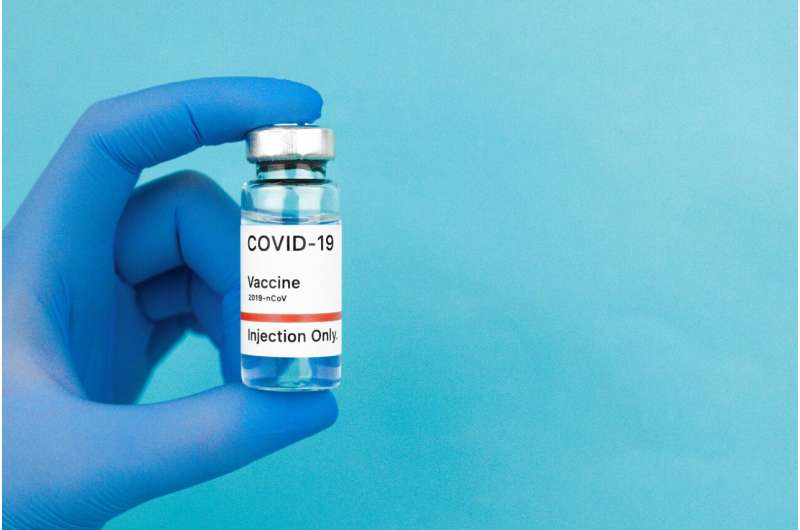Innovative Treatments for Eating Disorders Using Psychedelics and Cannabis

New research highlights the promising role of psychedelics and cannabis in alleviating symptoms of eating disorders, opening avenues for future clinical trials and treatment options.
A groundbreaking international survey has shed light on the potential of psychedelics and cannabis as emerging treatments for eating disorders. Respondents who self-medicated with substances like 'magic mushrooms' or LSD reported significant relief from their symptoms, highlighting the therapeutic promise of these non-prescribed drugs. In contrast, substances like alcohol, tobacco, nicotine, and cocaine were rated poorly, indicating their detrimental effects. Classic prescribed medications, including antidepressants, were generally perceived as ineffective in directly alleviating eating disorder symptoms, though they provided mental health benefits overall.
This extensive study, conducted by Ph.D. student Sarah-Catherine Rodan from the University of Sydney's Lambert Initiative, analyzed input from over 7,600 participants across 83 countries, making it the most comprehensive survey to date on this topic. Key findings revealed that cannabinoids, such as those found in cannabis, were especially rated highly by individuals with restrictive eating disorders like anorexia and avoidant/restrictive food intake disorder (ARFID). This is likely due to cannabis’s ability to enhance food reward, a core concern in these conditions. Psychedelics, taken infrequently, offered long-lasting positive effects, supporting recent research on their potential in treating depression and anxiety.
While traditional medications like antidepressants and stimulants such as lisdexamfetamine showed mixed results, many participants found self-medication with psychedelics helpful, particularly for managing symptoms of binge-eating disorder (BED). The survey also highlighted that drugs like alcohol and nicotine had negative impacts on mental health and eating disorder symptoms. These insights underscore the urgent need for rigorous clinical trials to investigate the true therapeutic potential of these substances.
Looking ahead, the University of Sydney’s Lambert Initiative is preparing to initiate clinical trials exploring psilocybin’s efficacy in treating anorexia nervosa, alongside studies on the use of cannabidiol (CBD) for severe anorexia in young people. Experts involved in the research emphasize that well-designed clinical research is crucial to understand safety and effectiveness properly. Overall, this study gives a voice to those living with eating disorders, suggesting that substances often stigmatized could offer new hope and treatment options for these challenging conditions.
Stay Updated with Mia's Feed
Get the latest health & wellness insights delivered straight to your inbox.
Related Articles
Australian Study Confirms Link Between mRNA COVID-19 Vaccines and Menstrual Cycle Changes
A new Australian study confirms that mRNA COVID-19 vaccines are associated with temporary menstrual cycle changes, emphasizing the importance of community listening and advanced data analysis in public health.
Innovative Drug Therapy Demonstrates Promise in Laboratory Neuron Models of Epilepsy
Researchers have demonstrated that targeted drug treatments can improve neural function in laboratory models of epilepsy, paving the way for personalized therapies and advanced neurological research.
Hunger and Neural Circuits Delay Puberty Onset in Mice
Neuroscientists at RIKEN have identified neural pathways linking hunger to delayed puberty in female mice, unveiling potential mechanisms shared with humans that connect nutrition and reproductive development.
How Maternal Obesity Reprograms Liver Immune Cells and Affects Offspring's Metabolism
Maternal obesity can reprogram liver immune cells in offspring, increasing the risk of fatty liver disease and metabolic disorders. New research highlights how early immune cell changes influence long-term health and potential treatment targets.



